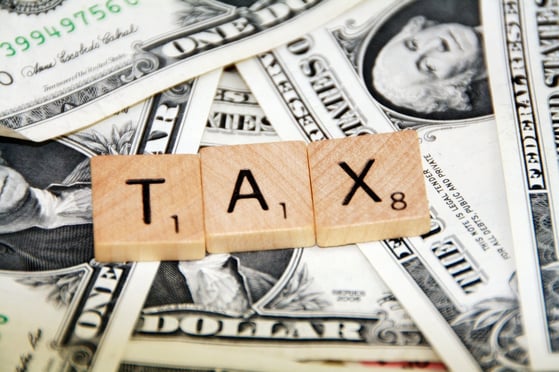
Tax season is here once again. Does this time of year often leave you scratching your head as you review your finances, gather paperwork for your filing and wonder: am I missing out on any deductions?
Schedule time to meet with an accountant, financial advisor or trusted financial source to review your paperwork and discuss any changes to tax laws and deductions that may affect you.
Be prepared by making sure you take advantages of these top tax breaks for seniors:
Top Tax Breaks for Seniors
- Medical and dental expenses. Some experts predict that as health care costs continue to rise, as much as 30% of our income will be going to health care premiums, prescription drugs and other health-related expenses. Don’t miss out on an opportunity to deduct many of these expenses.
If you itemize your tax deductions, you are allowed to deduct any expenses that exceed 7.5% of your adjusted gross income.
- Home sale. Did you sell your home to move closer to family, to a warmer climate, to a maintenance-free senior living community?
If you lived in your home for at least 2-5 years prior to selling it, you may not have to pay taxes on any profit you realize from its sale. The tax laws allow a single filer to claim up to $250,000 in profit on a home sale with no taxes, and up to $500,000 for a married couple filing together.
This is also a good note to keep in mind if you are planning to sell your home in the near future.
- Contributions to your retirement. Even if you are retired or semi-retired, this does not preclude you from making tax-deductible contributions to your retirement accounts, like IRAs and 401(k)s. This is perhaps one of the best senior tax breaks available, as you likely will be living off of your retirement funds.
The tax laws give people over 50 higher limits on what they can contribute to retirement accounts versus those under 50.
- Expenses related to investments. Income from interest, dividends or capital gains on investments is taxed at a lower rate and is not subject to taxes for Social Security or Medicare.
Additionally, if you have expenses related to your investments that exceed 2% of your adjusted gross income, you may be able to include these in your itemized deductions. These expenses could include things like:
- Fees for a safe deposit box
- Accounting fees
- Attorney fees
- Fees for subscriptions to investment newsletters
- Fees for online broking
- Fees paid to financial planners, and
- Fees you pay to have your investment income collected
- Charitable contributions. Many retirees often want to give back to the community in the form of charitable contributions. These contributions are deductible as an itemized deduction.
However, there are limits on these deductions, such as cash contributions can only be deducted up to an amount equal to 50% of your adjusted gross income. Also, you can generally only deduct the fair market value of a property that you may donate.
- Standard deduction. The standard deduction is the tax deduction you take if you do not itemize your deductions. If you are 65 at the end of the tax year, then you may take a higher standard deduction.
For 2015, you may increase your standard deduction by $1,550 if you file single or head-of-household. If you are married filing jointly and you or your spouse is 65 or older, you may increase your standard deduction by $1,200. If both you and your spouse are 65 or older, you may increase your standard deduction by $2,400.

